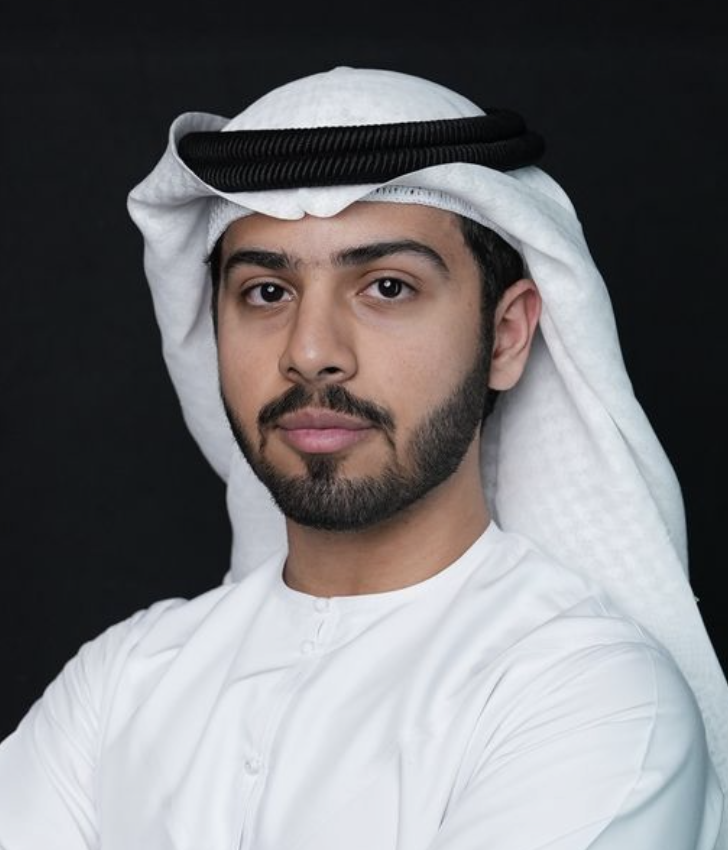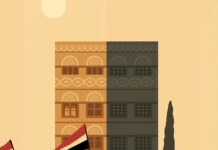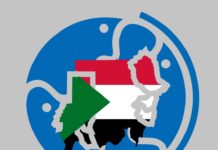While Ireland is often framed as a neutral actor in global conflicts, its domestic landscape reveals a growing entanglement with Islamist political movements: specifically the Muslim Brotherhood.
This is not about isolated individuals but about a methodical structure that has embedded itself across educational, religious, and civic institutions in the country. The Irish case is not unique yet underexamined.
Institutional Penetration, Not Individual Extremism
The Muslim Brotherhood does not function as a traditional terrorist organisation in Ireland.
The Brotherhood operates through fronts that appear civic, religious, or academic. Its affiliated groups often position themselves as partners in interfaith dialogue or advocates for human rights.
However, many of these institutions follow the Brotherhood’s well-documented doctrine of gradualism: using democratic systems to incrementally spread Islamist governance models via humanitarian causes.
These institutions typically avoid overt confrontation. Instead, they aim to shape narratives, gain public legitimacy, and influence policy through legal and academic means. The Brotherhood’s presence in Ireland and Europe is a means of ideological infrastructure-building.
Key Organisations and Affiliations
A number of organisations operating in Ireland show ideological alignment with Brotherhood teachings.
Some of them maintain direct ties with European umbrella groups known to be Brotherhood-linked, such as the Federation of Islamic Organisations in Europe (FIOE) and the European Council for Fatwa and Research (ECFR), whose former headquarters was in Dublin and whose founding figure, Yusuf al-Qaradawi, was one of the Brotherhood’s most influential clerics.
Several prominent mosques and Islamic centres in Ireland maintain connections, both formal or informal, with Brotherhood-aligned institutions abroad. Leadership in these spaces often shares ideological sympathies with the Brotherhood’s worldview, including its stance on political Islam, Western society, and its approach to Muslim identity in Europe.
Youth, Charities, and Educational Initiatives
A hallmark of the Brotherhood’s activity in Europe is its focus on youth mobilisation and community engagement.
In Ireland, youth programs and Islamic student organisations have increasingly adopted materials authored by Brotherhood thinkers such as Hassan al-Banna, Sayyid Qutb, and al-Qaradawi whilst some Muslim Student Associations have positioned ideologues as spiritual or educational rather than political.
Continental Network
Often such student bodies and charities receive funding or support from foreign entities tied to the Brotherhood’s broader European networks. The strategy is not revolutionary; it is incremental social reengineering.
Several charities operating in Ireland have received donations from Qatari or Turkish sources known for their alignment with the Brotherhood, namely the Turkish Diyanet under the Turkish AKP in the 21st-century.
While the Diyanet does not function as a Brotherhood entity per se, it aligns ideologically with Ankara’s model of political Islam with significant cooperation alongside the Brotherhood-linked networks.
As such, many imams in Ireland are under the unofficial supervision of Diyanet funded mosques providing "ideological guidance" unmonitored in Ireland unlike France, Austria, and Germany where foreign funding is monitored.
Why Does It Matters?
This is not a debate about religious freedom.
Ireland, like any democracy, guarantees such rights. The concern is not Islam, but political Islam cloaked in religious legitimacy.
The Brotherhood’s long-term objective is not assimilation but soft domination: influencing legal frameworks, media discourse, and social norms to align with their ideological vision of Islamic governance.
Historically, Brotherhood networks in other countries have acted as ideological feeders for more radical groups. While the Irish branches may present a moderate face, they are part of a transnational ecosystem that has produced extremism in other contexts.
Ireland: Lack of Policy Oversight and Strategic Naivety
Ireland has yet to develop a coherent policy framework to evaluate Islamist networks, despite growing evidence from European government and intelligence agencies that Brotherhood-linked organisations exploit democratic institutions. Most policy responses have been reactive and there is little academic or media scrutiny of these movements beyond surface-level multiculturalism debates.
The Brotherhood thrives in such gaps, where civil liberties are interpreted as unconditional platforms for political manipulation, and where policymakers mistake ideology for mere piety.
Understanding Ideology & Necessary Reforms
Ireland is not immune.
The slow entrenchment of the Muslim Brotherhood’s ideology through civic institutions is not a theoretical threat but a replicable model. It has succeeded in other European states by the time warnings were too late.
If Ireland wishes to preserve both its social harmony and its democratic integrity, it must begin with ideological clarity: not all religious institutions are apolitical and the Brotherhood is not a religious group, but a political machine with transnational ambitions.
Regulation must go beyond security checks. It must include transparency in foreign funding, ideological audits of public-facing organisations, and a critical reassessment of who speaks for “the Muslim community” in Ireland: a community that is diverse, complex, and increasingly being spoken for by groups that do not represent its broader interests.
Political Campaign: Islamism versus Secularism
What makes this threat more egregious is how it religious language is weaponised to attack governments that have done more for Muslim lives than many of the accusers.
The United Arab Emirates, for example, has been falsely targeted by Muslim Brotherhood-linked media and ideologues under narratives of 'abandoning the Ummah' because of the UAE's seperation of religion and politics.
Campaigns include orchestrated defamation during recent humanitarian missions across Gaza and Syria where the UAE has delivered over 21,000 tonnes of aid, built field hospitals and evacuated wounded civilians, including children.
Yet Brotherhood sympathisers accuse the UAE of “betraying Islam,” whilst the Brotherhood politicises the real suffering of Muslims in war zones whilst obstructing efforts to bring about peace.
This hypocrisy is deliberate. The Muslim Brotherhood seeks to discredit any government that does not conform to its ideological mold. For them, the enemy is not injustice but any Muslim power that refuses to kneel to their theocratic ambitions.
Keep up with Daily Euro Times for more updates!
Read also:
Currency as Strategy: Syria’s Regional Pivot by Money
Invisible Bridges: UAE Shapes Israel-Syria Mediation
Syria Pivot: UK Lifts Sanctions on Defence and Intelligence






